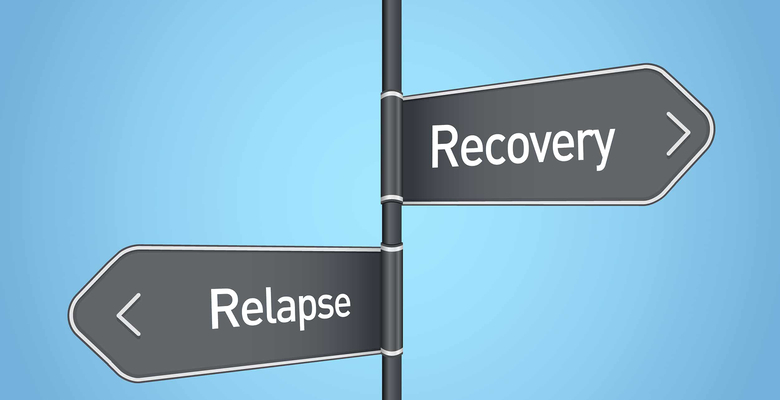At this point you will be starting your goal, and therefore performing the behaviour change itself. It is at this point when your helpers and hindrances to success will appear, so keep your goal and reasons behind it in mind, as well as your action plan for dealing with any barriers.
It is also this point at which you may relapse back into your old habits or have a few slip ups. We can lose motivation and so regress back to old habits. Instead, the most important thing to remember is that that change is not a linear process, and it will have its ups and downs. Relapses are about learning and recovering from them.
If you slip up, have a look at your motivations for wanting to change this behaviour in the first place and use them to drive you to keep going. Try to write down or understand why you slipped up, and the circumstances surrounding it. If you can do this, then try to plan for a similar situation in the future using the template from before: if “insert specific situation” occurs, I will “insert action that involves abstaining from drinking”. From this you will have learned new barriers that may hinder from you, and you will move forward more well prepared than before with making a long-term behaviour change.
If you find that you still are not achieving your SMART goal, despite your best efforts, then it is important to remember that that is ok! Everyone is different and will achieve different goals in different time periods. Review your SMART goal and try to adapt it to make it more realistic and applicable to you. For example, if you were drinking 20 units per week, and your initial goal was to drink 14 units or less per week, then try adapting your goal to 17 units. Then if you can successfully achieve this you can try 14 units again later.
(Image supplied by The Addiction Centre)
How To Successfully Reduce Alcohol Part 3: Overcoming a Relapse

